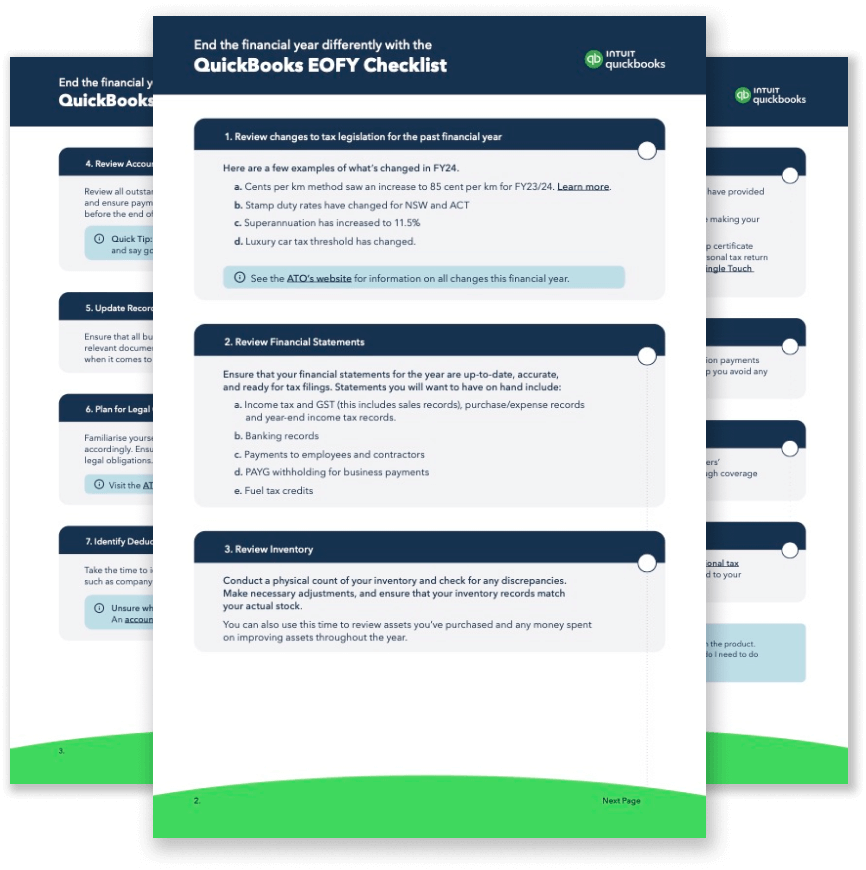What is Net Income?
Net Income Definition
Net income, also known as net profit, is the amount of profit a company has earned after all expenses, interest, and taxes have been deducted from its total revenue or gross income. It is a critical indicator of a company's overall financial health and performance, and is often used by investors, creditors, and managers to assess the profitability of a business.
Net income is calculated by subtracting all expenses, such as operating, labour, and marketing expenses, from a company's total revenue, including interest and other income. Once these expenses are subtracted, the result is the company's gross income. Taxes and other deductions are then subtracted from the gross income to reach the final net income amount.
Net income is a good representation of a company's profitability because it takes every relevant cost into account. It indicates the final amount of money that a company has made or lost during a given financial period, and is typically expressed in dollars per share for publicly traded companies.
Net income can also be used to calculate important financial ratios such as the net profit margin. The net profit margin is calculated by dividing the net income by the company's total revenue. This ratio provides a measure of how much of the company's total revenue is being converted into profit, and is often used by investors and analysts to compare the profitability of different companies.
Net income is a vital concept in accounting and finance and is a critical metric for evaluating the financial health of a company. It's important to note that net income is not the same as cash flow, which reflects the inflow and outflow of cash over a specific period. A company can have positive net income, but still experience negative cash flow due to factors such as high levels of accounts receivable or inventory.
Net income is also a key element in a company's financial statements, including the income statement. The income statement reports a company's revenues, expenses, gains, losses, and net income over a specific period, providing insight into its financial performance. Other financial statements, such as the balance sheet and cash flow statement, also use net income to report the company's financial position and cash flows.
Furthermore, net income can fluctuate depending on a variety of factors, including changes in the market, competition, and taxes. As a result, it's important to monitor net income over time to establish trends and track the profitability of a business.
Overall, net income provides essential information about a company's profitability and overall financial health. By analysing net income and other financial metrics, investors and managers can gain insights into a company's performance and make informed decisions about investment opportunities, financial strategies, and growth plans.









